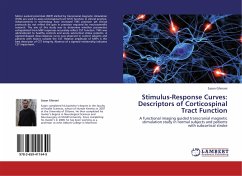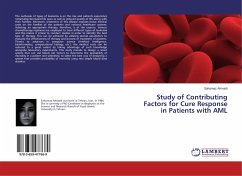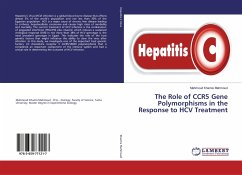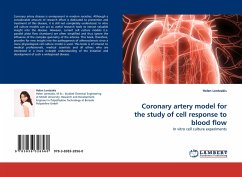Motor evoked potentials (MEP) elicited by transcranial magnetic stimulation (TMS) are used to asses corticospinal tract (CST) function in clinical practice. Advancements in technology have increased TMS precision yet clinical protocols do not reflect the gain in precision required for neuroscientific research. The aim of this study was to determine whether parameters extrapolated from MEP responses accurately reflect CST function. TMS was administered to healthy controls and acute subcortical stroke patients. A sigmoid-shaped dose-response curve was observed in control subjects and patients with lesions outside the CST. Relative amplitude of MEPs is the best descriptor of CST integrity. Absence of a sigmoid relationship indicates CST impairment.








